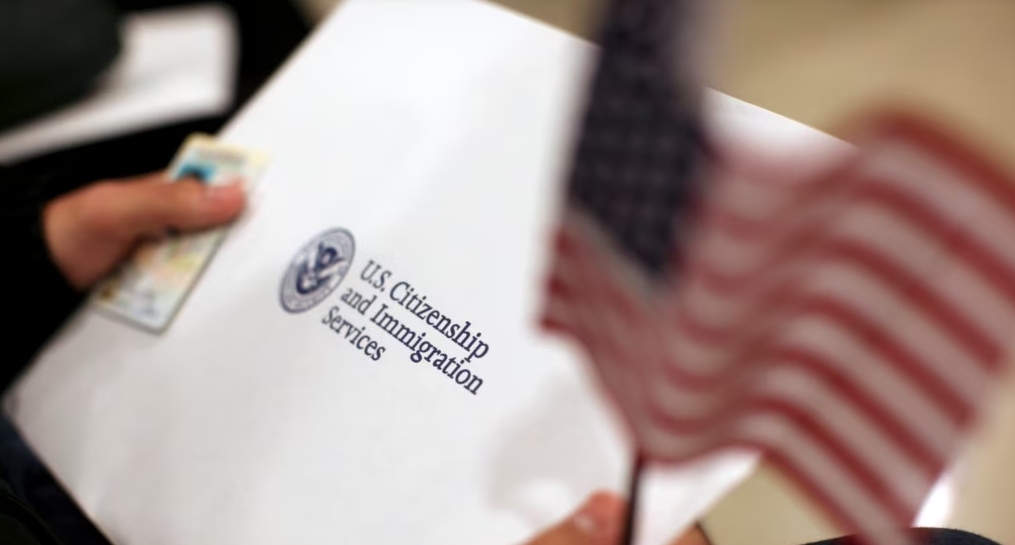Immigration barriers in the United States are rising: the citizenship test will become harder, and green card reviews are already stricter. These citizenship test changes take effect 30 days after publication and will apply to applications filed from mid-October 2025.
On September 17, U.S. Citizenship and Immigration Services (USCIS) announced in the Federal Register that it will reinstate the “20-question system” first introduced in 2020 and later repealed in 2021 under the Biden administration. The question bank expands to 128 items. Applicants will face 20 random questions and must answer at least 12 correctly to pass, compared with the current 6 out of 10. The test ends immediately if an applicant answers 9 or more incorrectly. Those aged 65 or older with at least 20 years of permanent residency will continue to face 10 questions.
A new USCIS memo also tightens green card reviews, requiring applicants to show they are unlikely to become a public charge (reliance on government support). Reviews now weigh age, health, family ties, finances, education, employment, and skills. Applicants with medical conditions but no health insurance or assets may face disadvantages. Past use of cash assistance or long-term care is a negative factor.
The sponsor’s Form I-864 must include proof of income at or above 125% of the federal poverty level; insufficient or false affidavits can lead to denial. For retired or older applicants, pension and asset holdings will be closely examined.
Jeonghoon Song said, “Applicants with chronic illnesses and no health insurance, those who cannot meet income or asset requirements, and past recipients of public assistance face the greatest disadvantages. With these negative factors carrying more weight, their chances of approval may shrink.”
Earlier this year, Donald Trump signed an executive order stressing that “immigrants must be self-reliant and assimilate into American society.” USCIS reaffirmed its plan to limit welfare dependence at the green card stage and to test knowledge of U.S. history and institutions at the citizenship stage. Immigration lawyers warn of growing unease in immigrant communities and advise applicants to prepare financial documents and tax records carefully, while citizenship applicants must prepare not only for the exam but also for scrutiny of tax compliance, criminal history, and false statements.
These citizenship test changes and stricter green card reviews mean vulnerable applicants face heavier burdens at every stage of the process.
BY HANKIL KANG [kang.hankil@koreadaily.com]




![Tesla Diner loses buzz six months after splashy opening in Hollywood Around noon on February 13, the Tesla Diner appears relatively quiet. [Sangjin Kim, The Korea Daily]](https://www.koreadailyus.com/wp-content/uploads/2026/02/0218-Tesla-1-100x70.jpg)
![Social media users who post ICE enforcement updates could face subpoenas A community member records with their phone as federal immigration agents conduct immigration enforcement tasks in Minneapolis, Minnesota, U.S., February 5, 2026. [REUTERS]](https://www.koreadailyus.com/wp-content/uploads/2026/02/0218-ICE-Minneapolis-100x70.jpg)